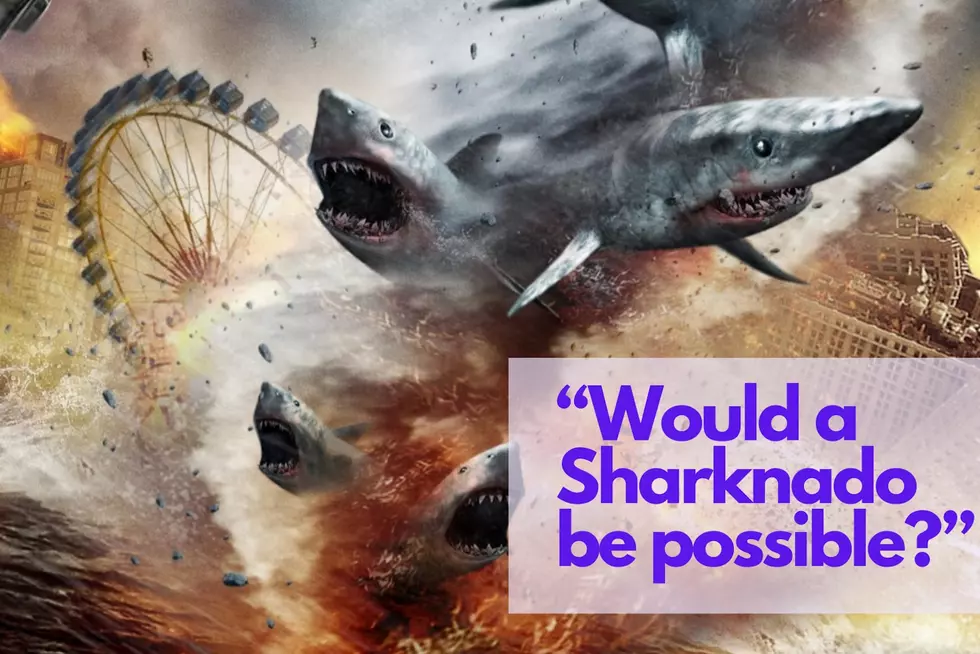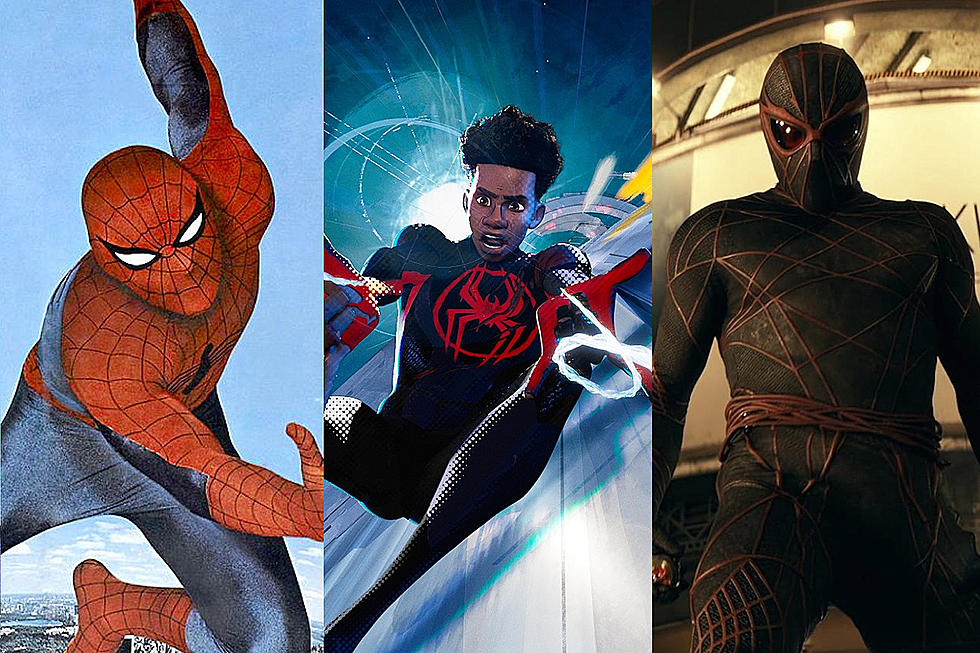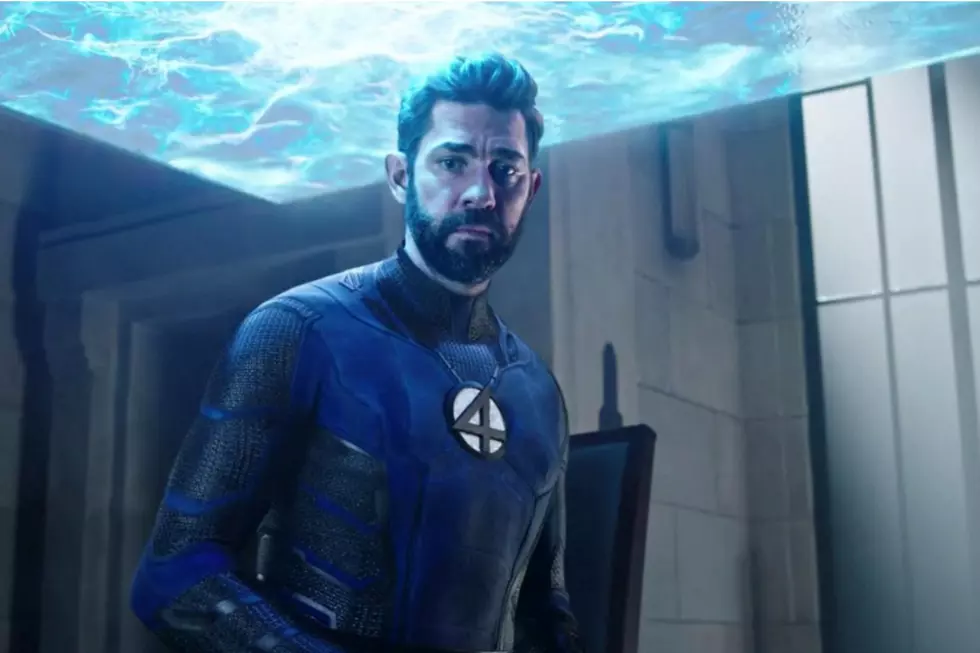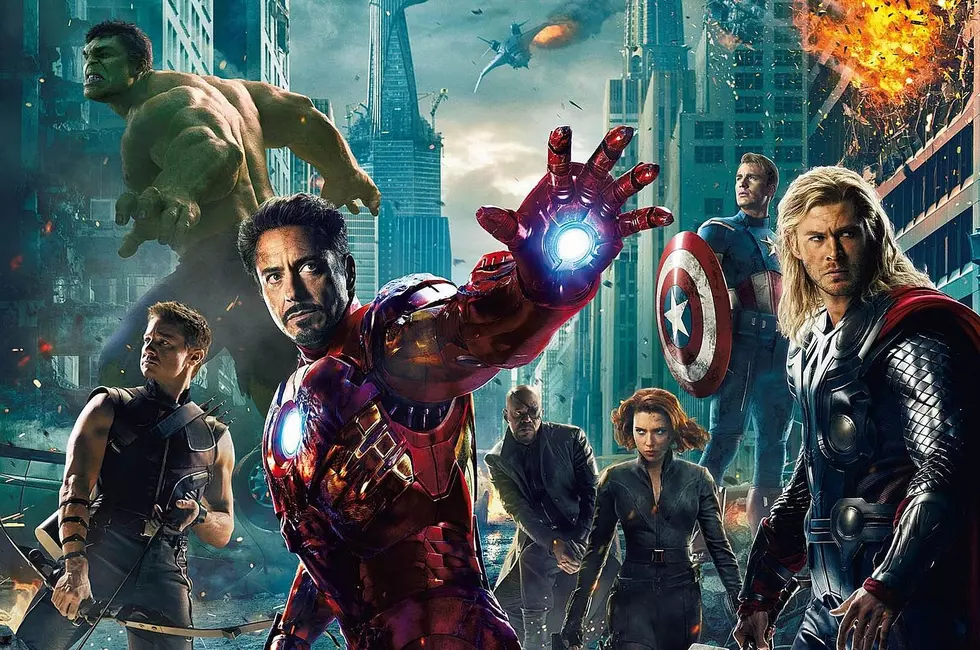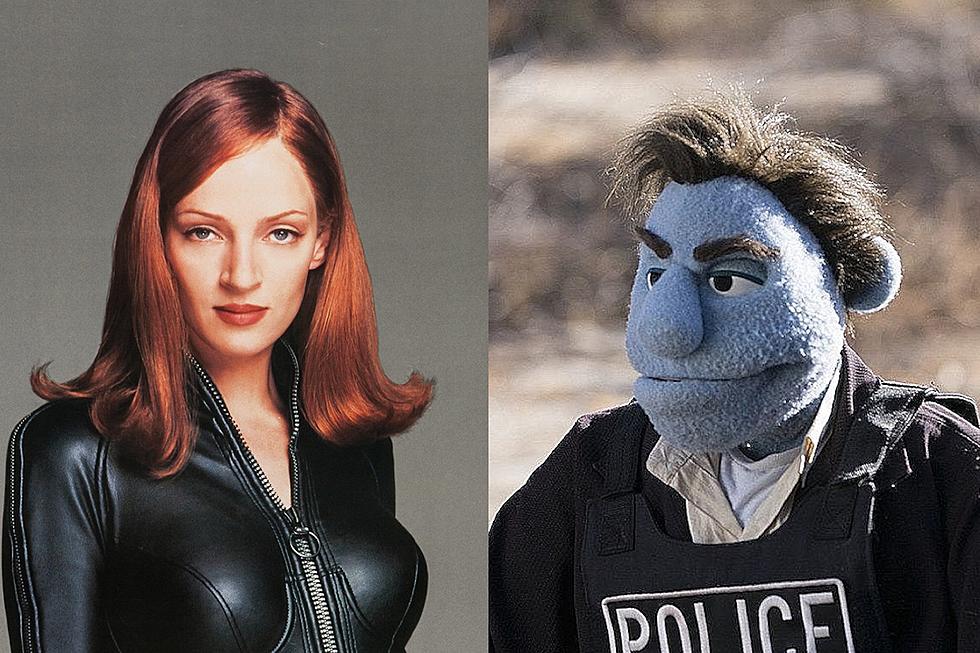
What Can ‘The Avengers’ Teach Us About Family and Teamwork?
What makes ‘The Avengers’ so appealing that it should earn more in its opening weekend than ‘Thor,’ ‘The Incredible Hulk’ and ‘Captain America: The First Avenger’ each earned in its entire domestic run? Could it be the positive reviews? I don’t think so. Strong buzz from the geeks on the Internet? Also not very likely. Successful marketing? Only inasmuch as there was already something extremely favorable for the ads to sell.
To be certain, there were a number of reasons moviegoers flocked to the latest Marvel comic book adaptation this past weekend, but the ensemble element is the film’s greatest draw, its most important feature and ultimately reminds us all of our own families.
You’re probably thinking, if ensembles are the key Robert Altman should have been a billionaire. Also, multi-character superhero films like ‘Watchmen’ and last year’s ‘X-Men: First Class’ ought to have been much more popular at the box office than they were. Of course it helps that with ‘The Avengers’ the characters had been set up in earlier installments, and actually this is the positive factor.
As you might go to ‘The Avengers’ for Robert Downey Jr. as Tony Stark and Scarlett Johansson as Black Widow, another might be seeing it for the ever-intriguing character of Hawkeye and the promise of actor Mark Ruffalo taking over the role of Bruce Banner. Another fan is going simply for another round of Thor and Loki on the big screen, perhaps. Maybe you disliked or never had any interest in seeing the solo Captain America film but you loved the two ‘Iron Man’ movies. Or the reverse of that. The mix makes the money, or rather it accumulates the money from varied appetites.
Regarding the movie as an interactive fantasy fulfillment, the appeal of the assembled team and what choices it offers is reminiscent of our cultural need for extended families. Kurt Vonnegut often wrote and talked about this idea that either a large base of relatives or an artificial social group (club, tribe, fraternity, church, etc.) is necessary for the individual who might not relate well enough to immediate kin like parents and siblings but could bond well with an uncle or sorority sister or cult leader (not all family substitutes are great, obviously). Similarly, if we don’t particularly like Nick Fury or the Hulk, we can focus on our identification with or affinity for Steve Rogers or the uncle-ish Agent Coulson. Within the team, each character has similar choices.
There’s also a security that comes with being a member of such a community, a trust that members of the clan will be there for one another in time of need. How that translates to ‘The Avengers’ is sort of obvious. The individual heroes band together in a crisis and work as a team to save the world. But it’s actually more than that. They unite as an organization of equals. At one point in battle, Captain America seems like the boss, but really he’s just an instinctive leader in the barest sense, someone offering direction rather than commanding an authoritative hand. In this film, the Avengers and the actors who play them are always peers and distinct in their status as both movie stars and “Earth’s Mightiest Heroes.”
A main theme of ‘The Avengers’ involves an anti-authority attitude. The superheroes tend not to obey or even trust Nick Fury, while Fury himself goes against the council above him and his S.H.I.E.L.D. agency. On the other side of good and evil, the bad guys have a definite rank of superiors, with the ultimate manipulating hand remaining hidden until the credits. Loki, the primary villain of the onscreen narrative, also remarks a lot about the assumed human desire to submit to a ruling power and aims to free people from freedom. His ongoing beef with his half-brother Thor is related, and the Thunder God at one point argues that ruling is not about being above the people.
Most ensemble-based action movies tend to have a hierarchy of heroes. There’s usually a bigger star in the role of the leader, then a bunch of character actors making up the supporting teammates. This has to do with the difficulty of assembling an entirely A-list cast due to salaries, but ever since 2001’s ‘Ocean’s Eleven’ there has been a greater acceptance and demand for the possibility. ‘The Avengers’ answers to this and has even been likened to the ‘Ocean’s’ series, yet like many ensemble action movies it’s really just the latest remake of ‘Seven Samurai,’ and in fact if we include Nick Fury there are seven Avengers.
Again, though, there is no real power scale like we see in most ‘Seven Samurai’ descendents. Each of The Avengers is seen as an independent individual, albeit most are considered a loose cannon or unstable on his or her own. Think of them as a family unit with no dominant figures or a metaphor for states in a nation without big government. Maybe they’re an inspiration for us to all build real team structures in life and work and politics rather than following the usual pecking order scheme.
More From ScreenCrush
